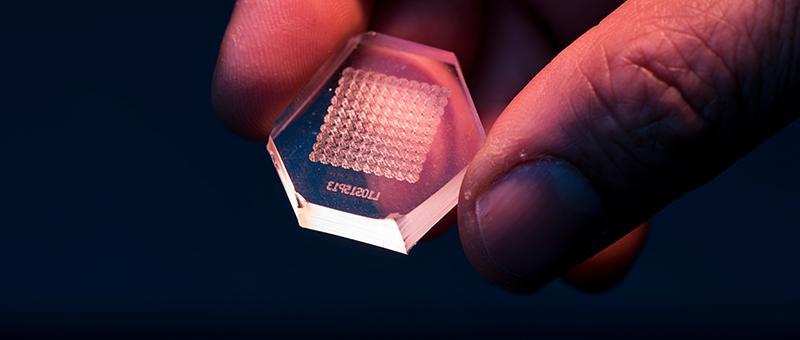MS in Bioengineering

Tufts School of Engineering offers an MS in Bioengineering that provides a broad engineering and biotechnology curriculum, while offering a focus on a specific engineering track that best fits students' interests and career choices. This combination gives our bioengineering graduates professional flexibility, a distinct competitive advantage in the ever-changing field of bioengineering.
The bioengineering master's program offers both part-time and full-time schedule options. The program has six tracks, including Signals and Systems, the track run by the Department of Electrical and Computer Engineering.
The Signal and Systems track educates biotechnology engineers in (1) analysis and processing of signals with an emphasis on biomedical image processing and image formation and (2) design, control, and synthesis of systems for biotechnology (e.g. development of miniaturized devices, circuits and systems, controller design for bioreactors).
Master's degrees require a minimum of 30 credits and the fulfillment of at least 10 courses at the 100-level or above with grades of S (satisfactory) or at least a B-.